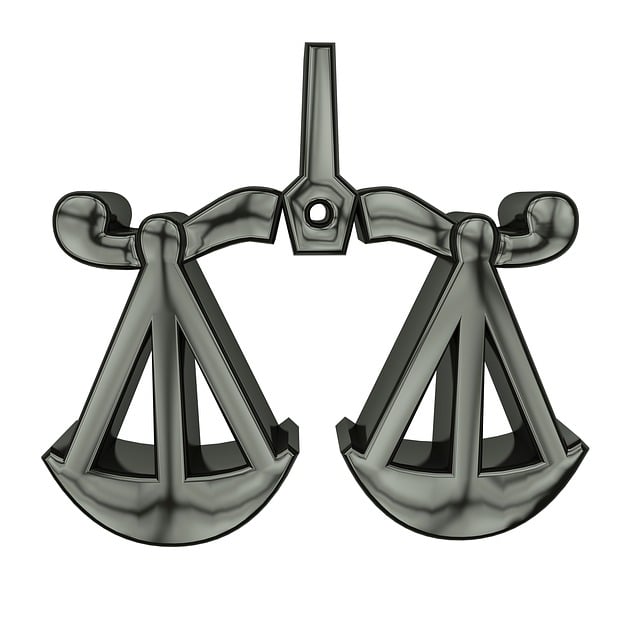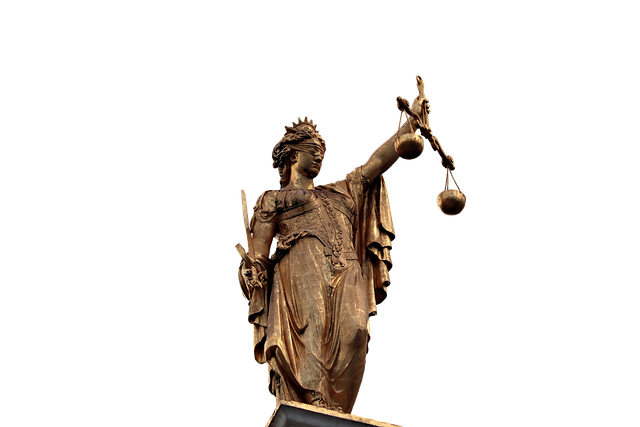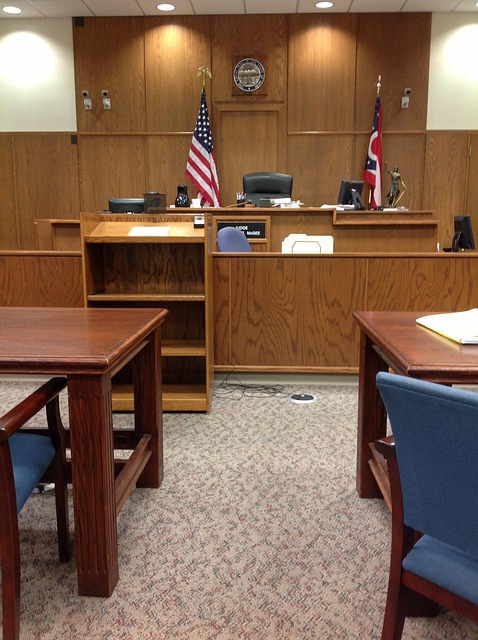Fraudulent financial practices, from Ponzi schemes to misrepresentations, pose significant risks within the complex economic landscape. Legal repercussions, particularly libel case examples in civil courts, play a crucial role in deterring such activities. These cases address financial misrepresentation by holding individuals and entities accountable for false or defamatory statements, leading to substantial financial penalties and reputational damage. Understanding these examples is vital for both victims seeking justice and defendants developing defense strategies. The legal system offers robust protection through criminal penalties, civil lawsuits, and stringent regulations, with convictions secured by strong evidence and significant societal impact. Preventative measures include internal controls, staff training, technology monitoring, and ethics promotion, while enforcement combines criminal prosecution and civil remedies to create a safer financial environment.
Fraudulent financial practices pose a significant threat to individuals, businesses, and the economy at large. This article delves into the intricate world of financial fraud, exploring its various forms, from common schemes to libel case examples in the civil court. We examine the legal framework that combats this crime, as well as preventative measures and enforcement strategies. Understanding these aspects is crucial for both victims seeking justice and professionals aiming to safeguard their financial interests.
- Understanding Fraudulent Financial Practices: Definitions and Common Schemes
- Libel Case Examples: When Financial Misrepresentation Enters the Civil Court
- The Legal Framework Surrounding Fraudulent Financial Practices
- Preventative Measures and Enforcement Strategies Against Financial Fraud
Understanding Fraudulent Financial Practices: Definitions and Common Schemes

Fraudulent financial practices encompass a wide range of illegal activities designed to manipulate or deceive individuals or institutions for personal gain. These practices can take various forms, from intricate schemes involving complex financial instruments to straightforward lies and misrepresentations. Understanding these tactics is crucial when navigating today’s intricate economic landscape. Common schemes often involve Ponzi networks, where new investments are used to pay older investors, creating the illusion of profitability; or whistle-blowing employees uncovering embezzlement within their respective businesses.
In terms of legal repercussions, libel case examples in civil courts have played a significant role in deterring fraudulent activities. When financial institutions or individuals are found guilty of fraud, civil lawsuits can lead to substantial financial penalties and reputational damage. This serves as a stark reminder that white-collar and economic crimes carry serious consequences, affecting not just corporate clients but also individual stakeholders across various sectors.
Libel Case Examples: When Financial Misrepresentation Enters the Civil Court

In the realm of financial litigation, libel cases play a significant role when it comes to addressing instances of financial misrepresentation. These legal battles often arise from false or defamatory statements made about individuals or entities involved in white collar and economic crimes. Libel case examples in civil court can range from public figures accused of fraud to victims seeking justice for their losses.
When a person or company makes a false statement that damages another’s reputation, it may lead to a libel lawsuit. In the context of financial misrepresentation, this could involve claims related to stock market manipulation, accounting fraud, or deceptive marketing practices. For instance, if a white collar defense attorney makes public statements implying a client’s guilt without solid evidence, the client can file a libel case. Understanding these libel case examples is crucial for both victims seeking redress and those trying to avoid indictment in white collar defense strategies.
The Legal Framework Surrounding Fraudulent Financial Practices

The legal framework surrounding fraudulent financial practices is a robust system designed to protect individuals and institutions from economic harm. In many jurisdictions, these practices are heavily penalized under criminal law, with severe consequences including imprisonment and substantial fines. Civil lawsuits also play a crucial role in holding wrongdoers accountable and compensating victims for their losses. One such avenue is through libel case examples in civil courts, where individuals or entities can seek damages for false accusations that damage their reputation.
The legal landscape for addressing fraudulent financial practices extends beyond criminal and civil liability. White-collar defense strategies often focus on challenging the admissibility of evidence, questioning the intent behind allegations, and leveraging loopholes or procedural issues. However, as seen in many high-profile cases, a complete dismissal of all charges is rare, especially when the evidence is compelling and the impact on society significant. Philanthropic and political communities also play a role in shaping legal responses by advocating for more stringent regulations and stronger penalties to deter future financial frauds.
Preventative Measures and Enforcement Strategies Against Financial Fraud

Preventative measures play a pivotal role in combating financial fraud. Organizations and individuals alike must remain vigilant to safeguard their assets. Implementing robust internal controls, regular staff training on fraud awareness, and adopting advanced technology for transaction monitoring are essential steps. Additionally, encouraging a culture of ethics and integrity fosters a positive environment that discourages fraudulent activities.
Enforcement strategies include both criminal and civil avenues. Law enforcement agencies investigate and prosecute individuals involved in financial crimes, while civil courts offer remedies through libel case examples. These cases not only seek compensation for victims but also serve as deterrents. A successful winning challenging defense verdict in a libel case can set precedents, strengthen laws, and protect businesses and individuals from future fraudulent schemes. This proactive approach, combining preventative measures with stringent enforcement, is crucial in creating a safer financial landscape for all respective business entities.
In understanding fraudulent financial practices, from common schemes to legal frameworks and preventative measures, it’s clear that financial misrepresentation can have severe consequences. As highlighted by libel case examples in the civil court, these practices not only undermine trust but also necessitate robust enforcement strategies. By staying informed and implementing protective measures, individuals and institutions can better navigate financial landscapes, ensuring integrity and accountability in today’s complex economic environment.






